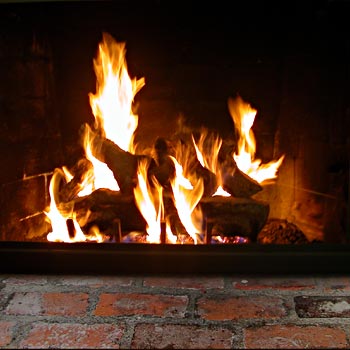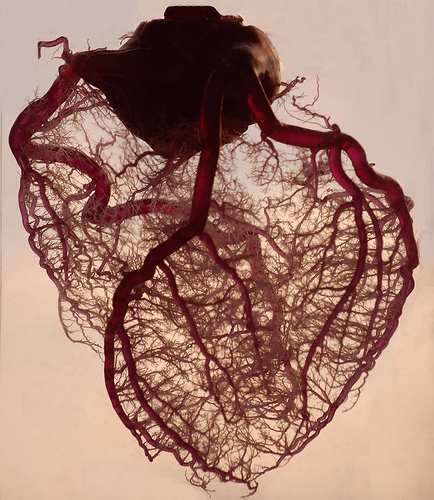PREVIEW OF COMING ATTRACTIONS
I’ve stolen Grace Kelly’s “Rear Window” line, I know. And I hope to tempt you to listen to Poets Read Poetry live online at http://www.coldspringradio.com. on Saturdays from 11:00 AM-12:00 Noon.
May 28th our theme will be ” Male Poets Writing Outside Their Time.”
June 18th our theme will be “Female Poets Writing Outside Their Time.”
August 18th our theme will be “Poems From Exotic Places.”
Here are some samples:
For “Male Poets Writing Outside Their Time,” Frank chose Rilke-a brave visionary way ahead of his time and a constant inspiration to us all.
The First Elegy
(excerpt)
Who, if I cried out, would hear me among the Angelic
Orders? And even if one were to suddenly
take me to its heart, I would vanish into its
stronger existence. For beauty is nothing but
the beginning of terror, that we are still able to bear,
and we revere it so, because it calmly disdains
to destroy us. Every Angel is terror.
And so I hold myself back and swallow the cry
of a darkened sobbing. Ah, who then can
we make use of? Not Angels: not men,
and the resourceful creatures see clearly
that we are not really at home
in the interpreted world. Perhaps there remains
some tree on a slope, that we can see
again each day: there remains to us yesterday’s street,
and the thinned-out loyalty of a habit
that liked us, and so stayed, and never departed.
Oh, and the night, the night, when the wind full of space
wears out our faces — whom would she not stay for,
the longed-for, gentle, disappointing one, whom the solitary heart
with difficulty stands before. Is she less heavy for lovers?
Ah, they only hide their fate between themselves
Do you not know yet? Throw the emptiness out of your arms
to add to the spaces we breathe; maybe the birds
will feel the expansion of air, in more intimate flight.
Rainer Maria Rilke
DUINO ELEGIES
translated by A.S. Kline
**********************************************
And, Jo selected work of Adrienne Rich for “Women Writing Outside Their Time.” Rich, an early feminist, won the Yale Younger Poets Prize in 1951. Here she writes about a woman giving birth to a poem in THE AFTERWAKE.
THE AFTERWAKE
Nursing your nerves
to rest, I’ve roused my own; well,
now for a few bad hours!
Sleep sees you behind closed doors.
Alone, I slump in his front parlor.
You’re safe inside. Good. But I’m
like a midwife who at dawn
has all in order: bloodstains
washed up, teapot on the stove,
and starts her five miles home
walking, the birthyell still
exploding in her head.
Yes, I’m with her now: here’s
the streaked, livid road
edged with shut houses
breathing night out and in.
Legs tight with fatigue,
We move under morning’s coal blue star,
colossal as this load
of unexpired purpose which drains
slowly, till scissors of cockcrow snip the air.
Adrienne Rich
SNAPSHOTS OF A DAUGHTER-IN-LAW










